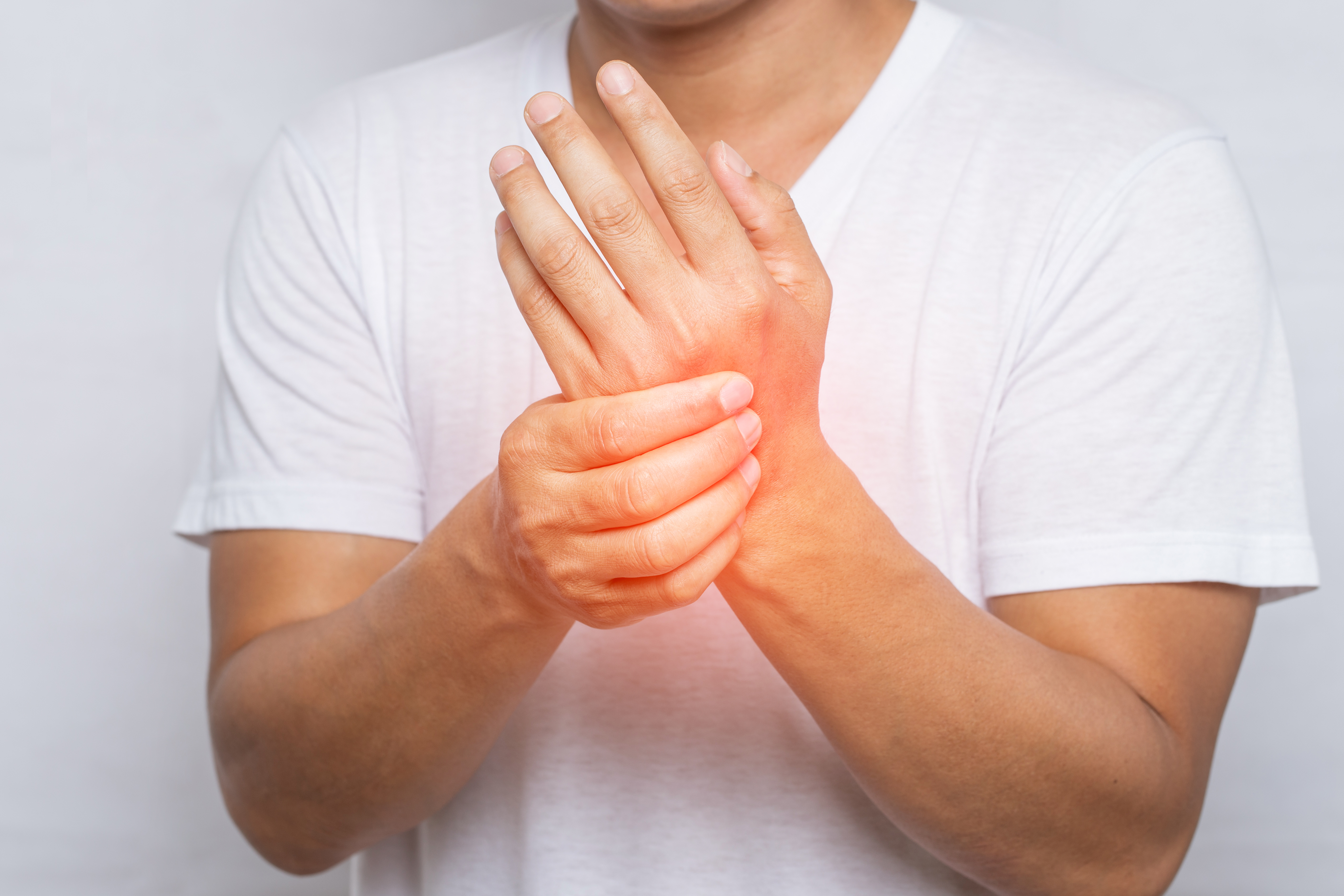
What is inflammation?
Inflammation is part of the body's natural defence system. The immune system is activated by anything foreign or harmful, such as a microbe, chemical or pollen. This triggers the inflammatory process to remove foreign material and begin healing.
Inflammation can be either acute or chronic.
Acute Inflammation
Tissue damage due to trauma, infection by microbes, or toxins can cause acute or short-term inflammation. You may have experienced one or more of the four signs of inflammation: redness, swelling, pain and heat. It starts rapidly, becomes severe in a short time and symptoms may last for a few days, for example, a sore throat or a cut on your skin. Acute inflammation is your body’s natural response to illness, injury or infection and usually resolves on its own.
Chronic Inflammation
Chronic inflammation is a long-term inflammation lasting for prolonged periods of several months to years. It can occur even when your body is not under threat by a foreign invader or when there’s no injury.
That's when inflammation can become problematic. Chronic inflammation may trigger our immune system to attack healthy organs and tissues, and is linked to a wide variety of diseases including cancer, heart disease, diabetes, autoimmune disorders, and inflammatory bowel disease.
Some lifestyle factors also contribute to chronic inflammation for example:
1. Chronic stress
2. Overweight and obesity
3. Smoking
4. Drinking alcohol
5. Eating an unhealthy diet
Foods that cause inflammation:
· Red meat and processed meat- bacon, sausage luncheon meat, steak. Cooking red meat over high heat can release carcinogenic compounds
· Refined carbohydrates - cakes, pastries, white bread
· Deep fried foods- French fries, fried chicken
· Sugar-sweetened beverages
· Trans fats, found in margarine, shortening
· Ultra-processed foods
· Bottled sauces and dressings – contain trans fats and sugar
There isn’t a specific anti-inflammatory diet, but a healthy eating pattern can help to lower inflammation.
Anti-inflammatory foods:
· berries and cherries
· fatty fish, such as salmon or mackerel
· broccoli
· avocados
· green tea
· mushrooms
· spices for example turmeric, ginger, and clove
· tomatoes
Tips to lower inflammation:
1. Choose healthy cooking methods such as steaming, boiling, stewing, braising or quick stir-frying, instead of grilling or deep frying
2. Avoid ultra-processed foods and eat more whole foods
3. Eat a variety of plant foods ( vegetables, fruits, whole grains, seed and nuts, legumes) – they contain polyphenols which help protect the body from inflammation
4. Eat gut-healthy foods- having a plant-based high-fibre diet, and some fermented foods with live culture will keep your gut microbiome healthy, they will help to fight off inflammation
5. Quit smoking
6. Limit or avoid alcohol
7. Practice stress management techniques
8. Maintain a healthy weight
9. Have adequate and quality sleep
10. Stay active and exercise regularly


